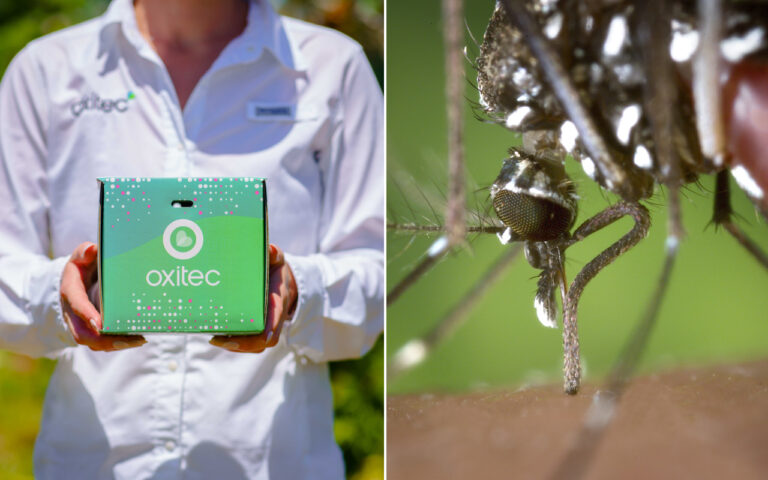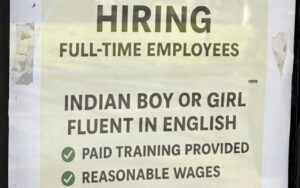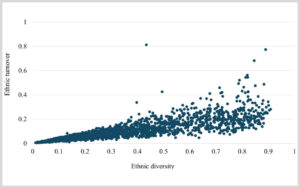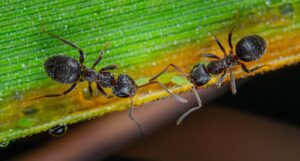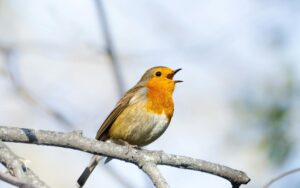An independent senator has written to Australia’s Health Minister with serious concerns about a controversial plan to release genetically modified mosquitoes in Queensland.
Former Liberal Senator Gerard Rennick shared the letter on Tuesday morning amid huge backlash against the trial proposed by Oxitec Australia, a joint venture between the Commonwealth Science and Industrial Research Organisation (CSIRO) and UK-based biotechnology firm Oxitec, which is funded by Bill Gates.
The new venture aims to curb dengue fever by using Oxitec’s commercialised genetically engineered male mosquitoes, which carry a self-limiting gene that ensures only non-biting males survive are released into the wild, reducing pest females and overall mosquito numbers.
The trademarked lab-made mosquitoes also contain a fluorescent gene that makes them able to be easily identified.
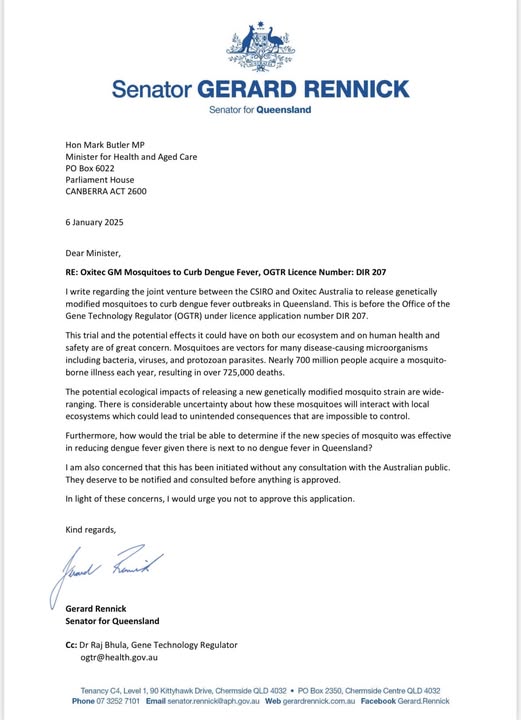
“This trial and the potential effects it could have on both our ecosystem and on human health and safety are of great concern. Mosquitoes are vectors for many disease-causing microorganisms including bacteria, viruses, and protozoan parasites,” Mr Rennick wrote in his letter to health boss Mark Butler.
“The potential ecological impacts of releasing a new genetically modified mosquito strain are wide-ranging. There is considerable uncertainty about how these mosquitoes will interact with local ecosystems which could lead to unintended consequences that are impossible to control.
“I am also concerned that this has been initiated without any consultation with the Australian public. They deserve to be notified and consulted before anything is approved.”
Mr Rennick also asked how the trial could determine if the mosquitoes were effective in reducing dengue fever given that the disease is almost non-existent in Queensland, and urged Mr Butler and Gene Technology Regulator Dr Raj Bhula not to approve Oxitec’s application.
He told Noticer News he was speaking out because many of his constituents has expressed concerns about the plan.
“Given there is next to no dengue fever in Queensland I can’t see why it is necessary to test here and how it would be possible to calculate success as the null hypothesis is already zero,” he said.
“I also have no trust in the Office of the Gene Technologt Regulator, especially Raj Bhula, given the lame responses they have provided to me in estimates about genotoxicity testing and DNA in the Covid vaccines.”
Queensland Libertarian senate candidate Lachlan Lade also spoke out against the trial, saying the proposal “raises big red flags”, and highlighted Oxitec’s links to the global vaccine push.
Genetically modified (GM) mosquitoes in QLD? 🦟
Oxitec wants to release them to “curb dengue,” but this proposal raises big red flags🚩
We risk unintended genetic transfer and ecological disruption—look at the cane toad debacle!
A public comment period opens in March on the… pic.twitter.com/K7YKyPnkXT
— Lachlan Lade (@Dunder_viking) January 5, 2025
“I’m sorry, I don’t trust this,’ he said.
“This could go terribly wrong. Introducing genetically modified mosquitoes carries enormous risk. There’s the potential of unintended genetic transfer to related insect species, we don’t yet know how this could impact our ecosystems.
“As a Queenslander, I know too well: government-approved solutions can backfire. The cane toads? Well, they were actually introduced in Queensland not very far from where I live, and we’re still dealing with the consequences of that.”
“If we allow the government to greenlight this plan, where does it stop?”
Mr Rennick and Mr Lade were joined by thousands of other Australians on social media who raised similar concerns, and highlighted the involvement of former Chief Health Officer of Victoria, Brett Sutton.
Professor Sutton, who led the state’s bungled response to the Covid pandemic and used emergency powers to impose the world’s longest lockdown on Melbourne along with draconian human rights-violating restrictions, is now Director of Health & Biosecurity at CSIRO and a key figure in Oxitec Australia.
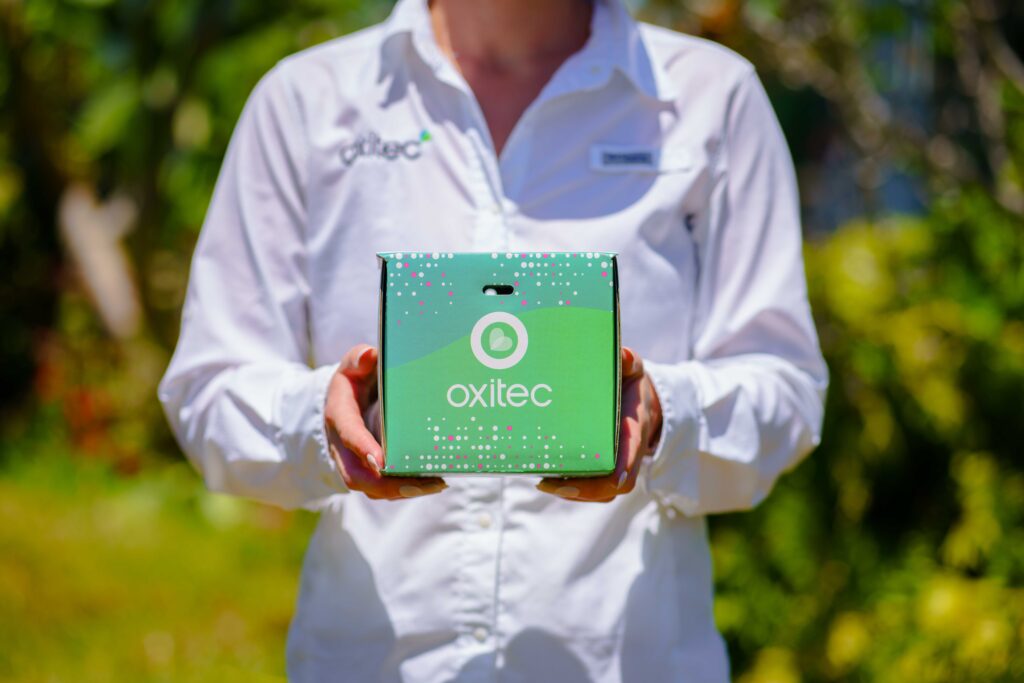
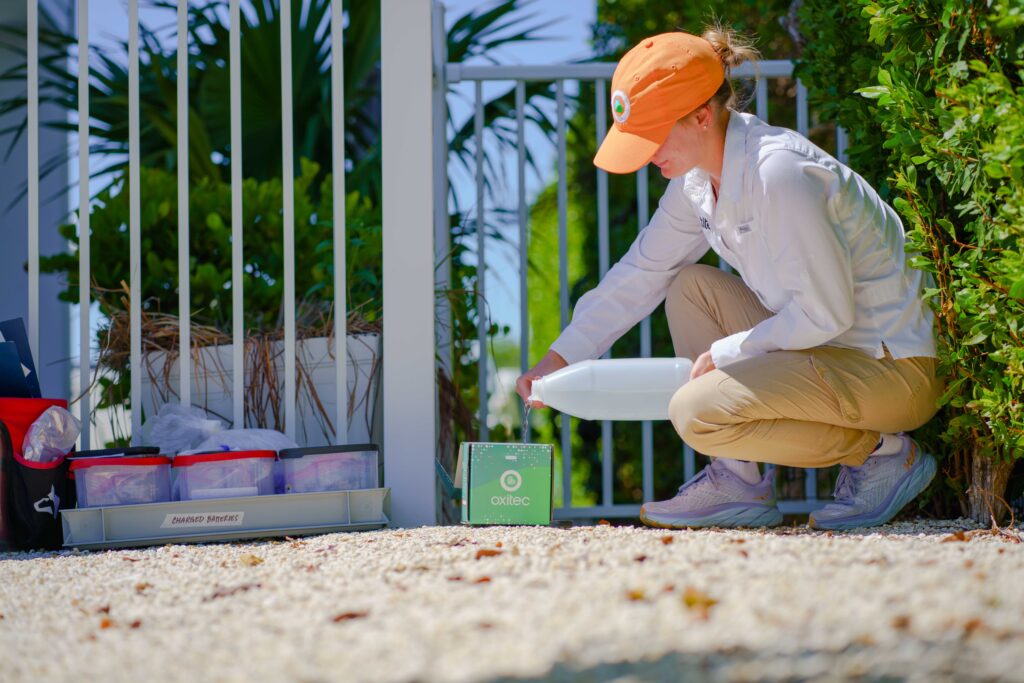
“Oxitec Australia offers a unique opportunity to help combat the growing threat of invasive and exotic pests, some of which are on mainland Australia’s doorstep like Aedes albopictus,” Professor Sutton said.
“Factors like climate change and growing pesticide resistance will only bring greater challenges to the health of Australians and our region via vector-borne diseases.
“By investing in new and innovative solutions that complement existing control programs, we can reduce the public health impacts of these exotic and invasive mosquito species. This technology platform could also be used to develop solutions for a wide spectrum of pests that threaten livestock and crops and our food systems.”
Professor Sutton told ABC News the technology had been used successfully in Brazil, and that the process involved placing factory-made mosquito eggs into a box with water and allowing them to hatch and interbreed with existing mosquito populations.
He said the “product” that targeted Aedes aegypti, an invasive African mosquito that can spread dengue and is already established in northern and central Queensland, was “ready to go”, but needed government approval before it could be released.
“It needs to get through our Office of Gene Technology regulator before it can be rolled out,” he said.
“It’s a bit like the TGA [Therapeutic Goods Administration] for our medicines, but it’s looking at genetically modified products, and it needs to go through the same type of rigorous process.”
In 2021 the TGA approved the Oxford–AstraZeneca Covid vaccine, but it was later withdrawn for people under 60 due to the risk of blood-clotting and is no longer being produced.
Just two months before the federal government raised the age limit for the AstraZeneca jab, Professor Sutton declared that flying to Europe was riskier for clotting while urging Victorians to get injected with the product.
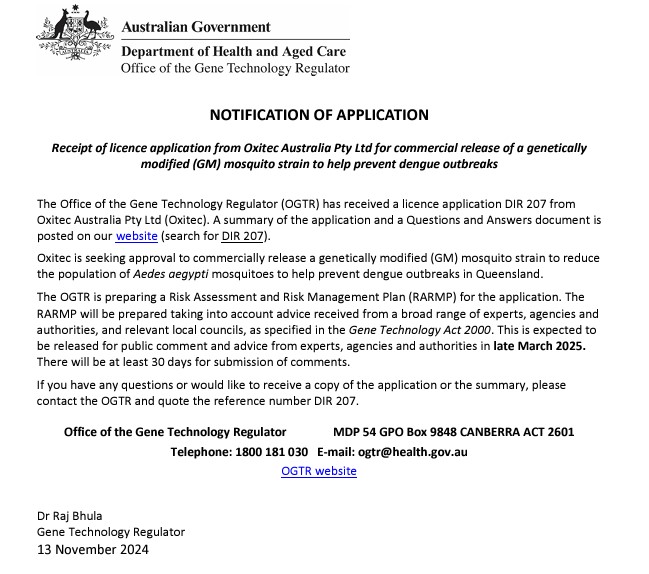
In November, Dr Bhula confirmed his office has received a licence application from Oxitec Australia seeking approval “to commercially release a genetically modified mosquito strain to reduce the population of Aedes aegypti mosquitoes to help prevent dengue outbreaks in Queensland”.
The office will release a risk assessment plan for public comment and expert advice in late March this year, with 30 days allowed for submissions.
Grey Frandsen, CEO of Oxitec, said the Australian venture was looking to release the genetically modified mosquitos in the Torres Strait, where Professor Sutton said local aboriginals were being consulted with.
“In collaboration with Indigenous communities, leading scientific institutions, industry partners and farmers, we’re committed to transforming how pest threats to health, food security and ecosystems are addressed,” Mr Frandsen said.
“In doing so, we aim to not only protect lives, livelihoods and biodiversity, but also empower Indigenous communities to take the lead in addressing their pest challenges.”
Dengue deaths are extremely rare in Australia.
Oxitec received a $1,415,894 grant from the Bill & Melinda Gates Foundation in 2020, and has carried out genetically engineered mosquito field trials in Brazil, Malaysia, Panama, and the United States.
Header image: Left, An Oxitec worker holding a box of genetically engineered mosquito eggs. Right, an Asian Tiger mosquito on skin. (CSIRO)
